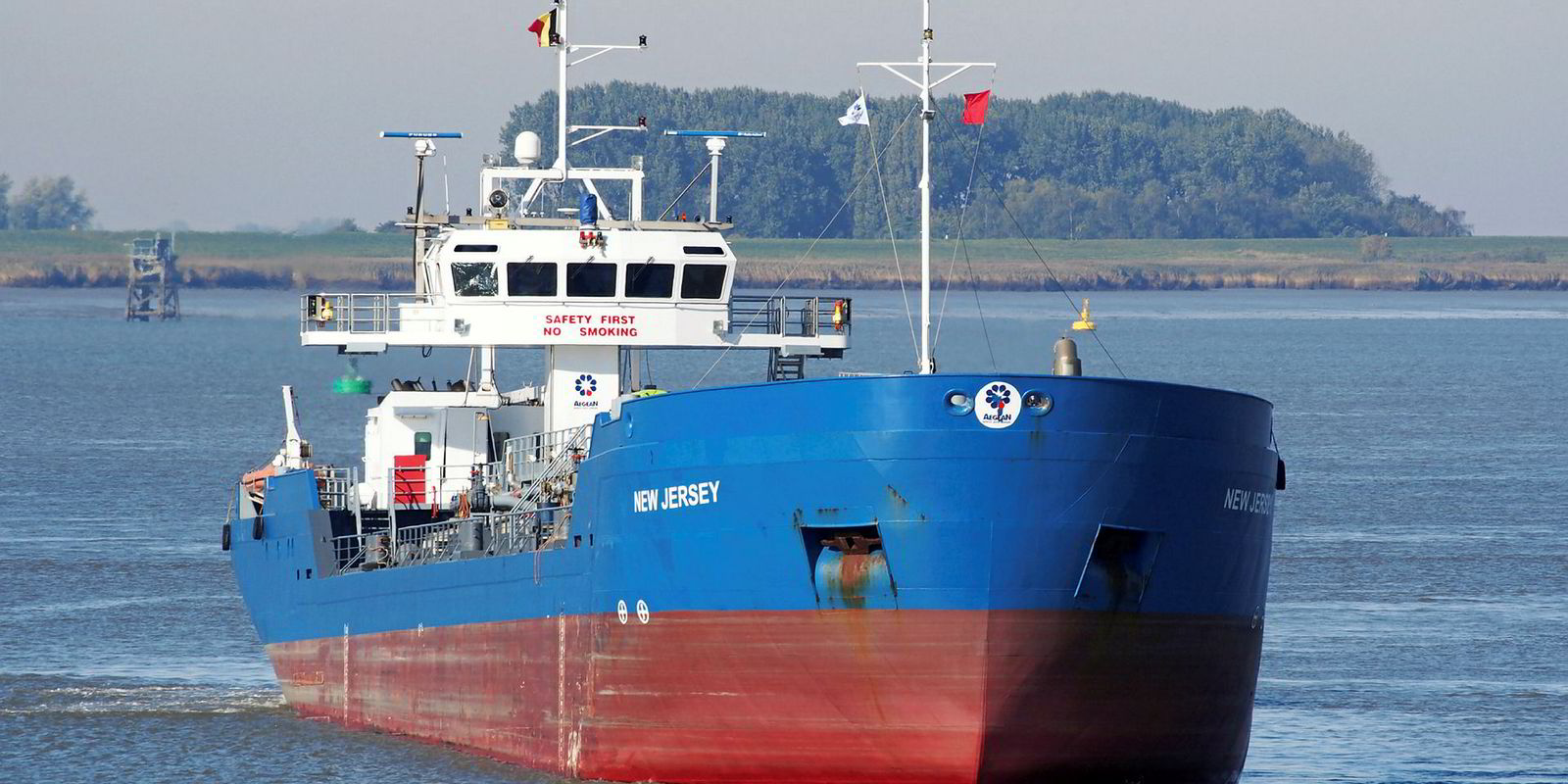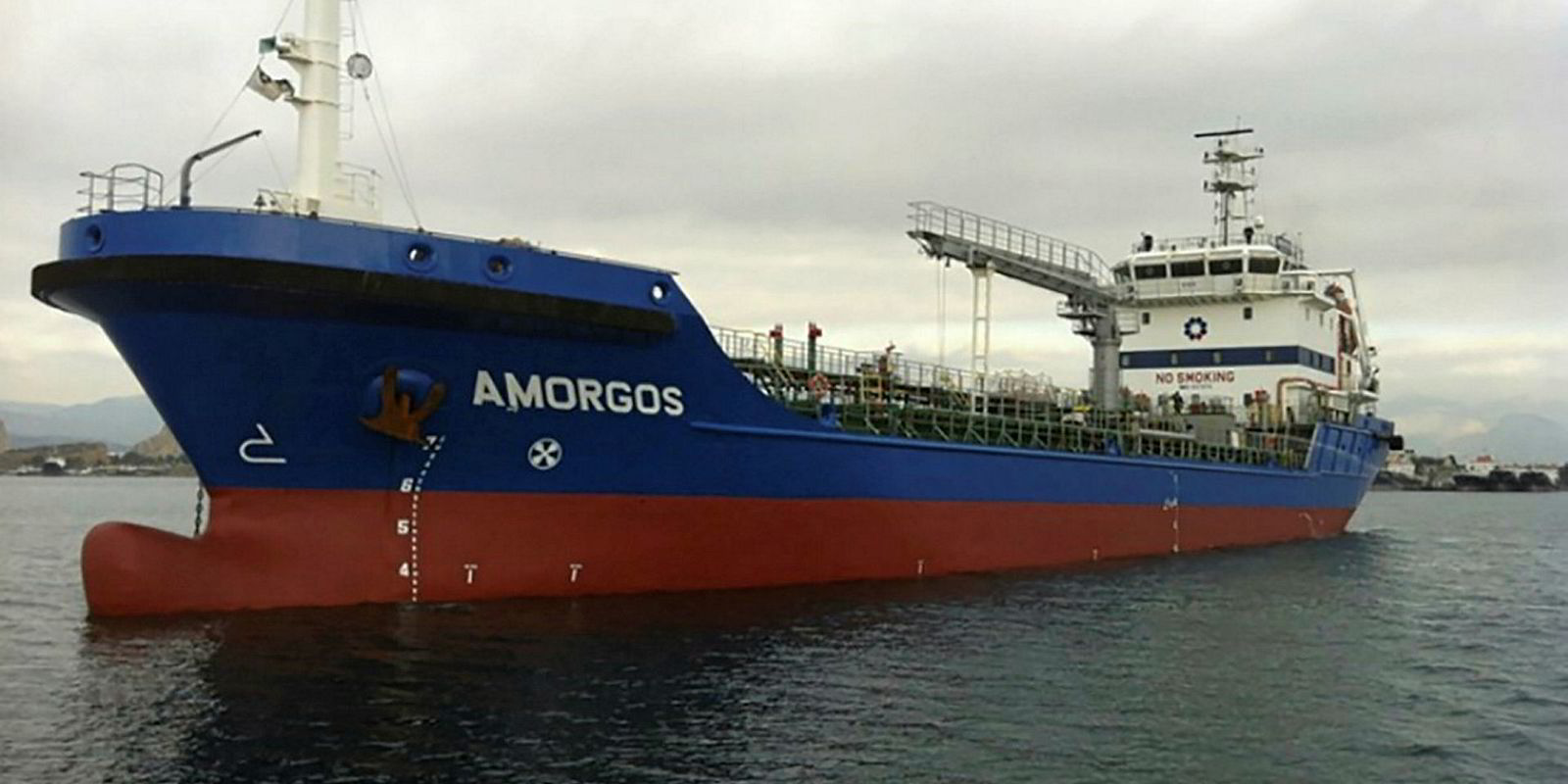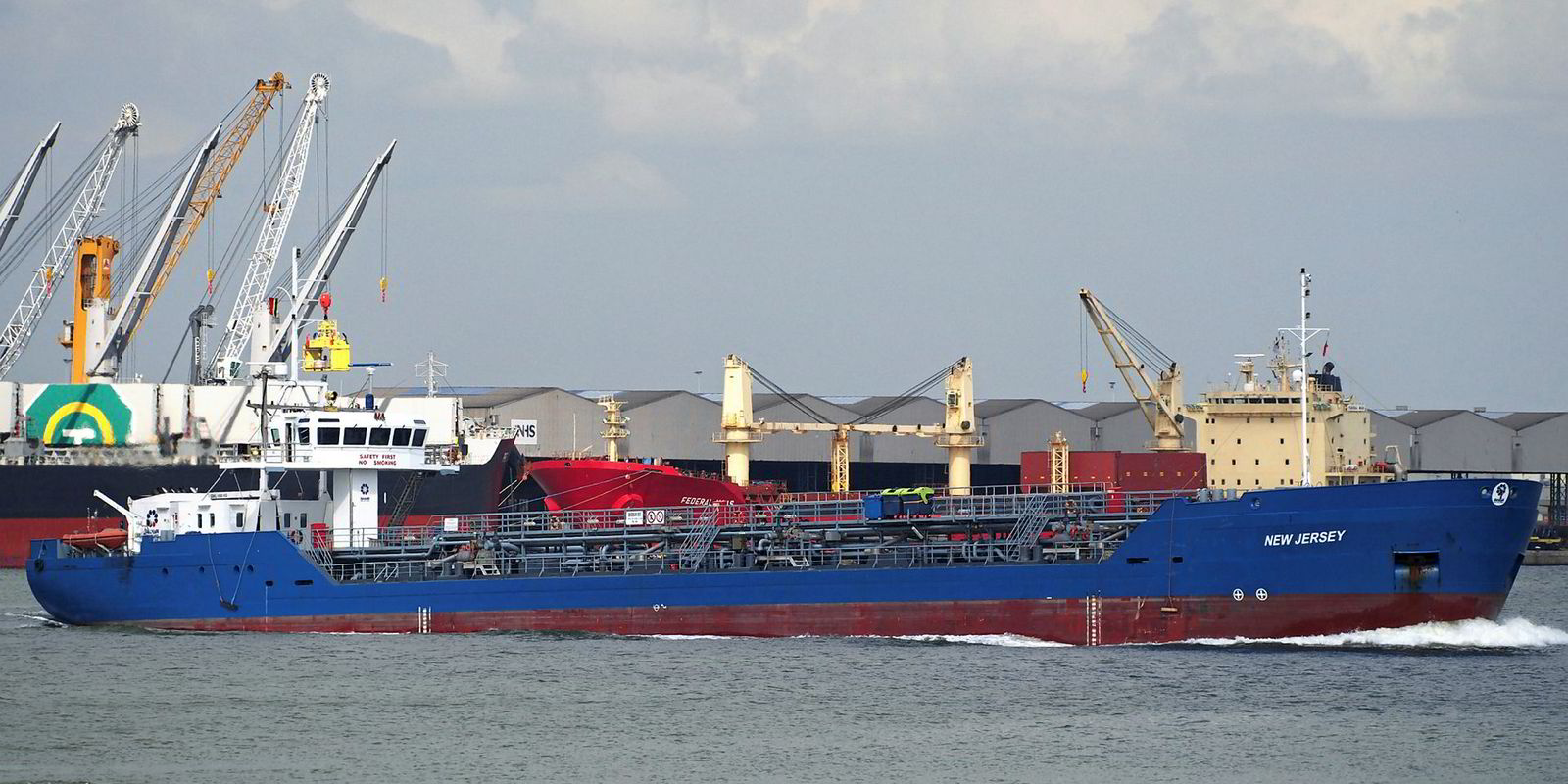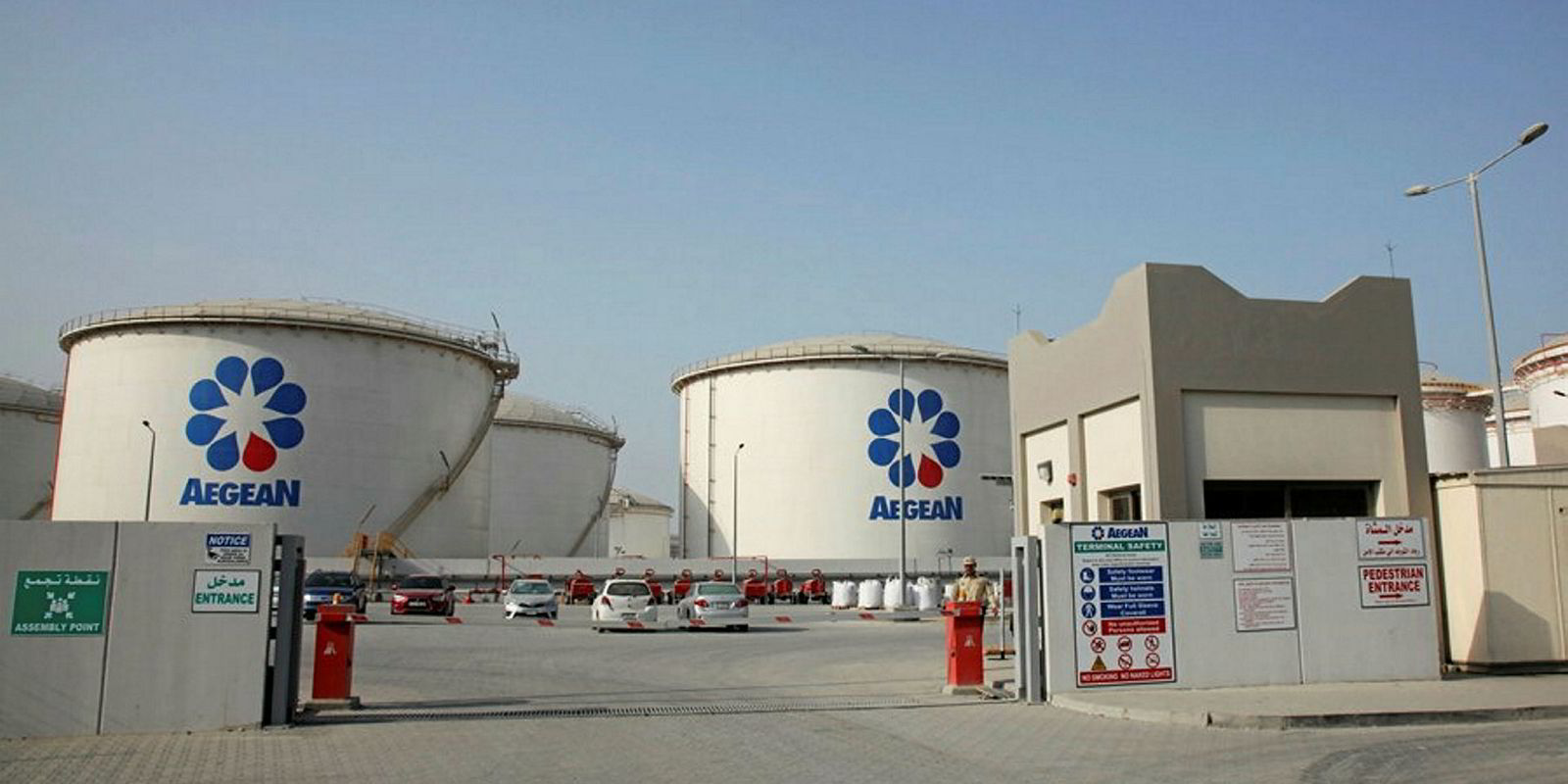Swiss commodities trader Mercuria was already playing white knight to Aegean Marine Petroleum Network before the bunker firm filed for Chapter 11 bankruptcy reorganisation in New York this week. Now it is a central partner in Aegean’s future sale or existence.
In August, Mercuria revealed it was providing a potential $1bn credit facility for Aegean as it bought out the company’s two main credit facilities and offered a $30m financing in return for 30% of its common shares and a seat on the board.
This week’s bankruptcy papers say Mercuria is acting as a “stalking horse buyer” of Aegean. It may do more than that, although exactly what it hopes to do with the Athens and New York-based bunkers supplier is not clear. The stalking horse position sets a price base, below which a sale will not go ahead.
'Going concern'
Mercuria has made available $532m in debtor-in-possession (DIP) financing, to help Aegean through the restructuring process and allow it to emerge as a “going concern".
Aegean’s collapse came almost four years to the day after that of OW Bunker, but market sources see a very different and much more positive outcome.
“Mercuria could buy the whole business at a knockdown price, but most people in the market believe that is unlikely,” Petrospot director Lesley Bankes-Hughes said.
She believed it may want parts of the business, such as Aegean’s Las Palmas operation that could dovetail with Mercuria’s existing Minerva Bunkers subsidiary. Other elements could be sold off.
“Given the state of the bunker market at the moment, getting leaner and leaner by the day, I am not sure anyone would want to take on the whole operation," she said.
"So, I think it is more likely you would see a piecemeal sell-off on a regional basis to those bunker players who have got some financial strength at the moment. But there are not too many of those around.”
Mediterranean opportunities
Aegean’s Tangiers concession could be very attractive to anyone wanting to break into or build in the Mediterranean market.
Under the DIP plan, Mercuria would provide a $160m US revolving credit facility, a $300m global revolving credit facility and a $72m term loan.
The filing indicates that the proposal is “tied to a sale process”, involving “bidding procedures and a stalking-horse asset purchase agreement” that are expected to be revealed soon.
These involve an 11 February deadline to submit bids and a potential auction on 18 February.
The Mercuria-Aegean partnership could also have one eye on the IMO 2020 sulphur cap regulations facing the industry, which could revolutionise the marine fuel markets. Aegean discussed the issue generally in its filing.
“The debtors' capabilities are well positioned for near-term regulatory changes,” Aegean director Tyler Baron said in a court affidavit this week.
“Analysis of the impact of this regulation indicates that it will cause significant shifts in product supply and restore focus on the primacy of the physical supplier in the logistical chain, with gross spreads on marine fuel likely to move higher as marine fuel prices increase and customers place greater value on surety of supply that meets the new specifications.
“While this regulatory change may improve spreads it will also require significantly more liquidity to finance higher anticipated prices,” he wrote.







